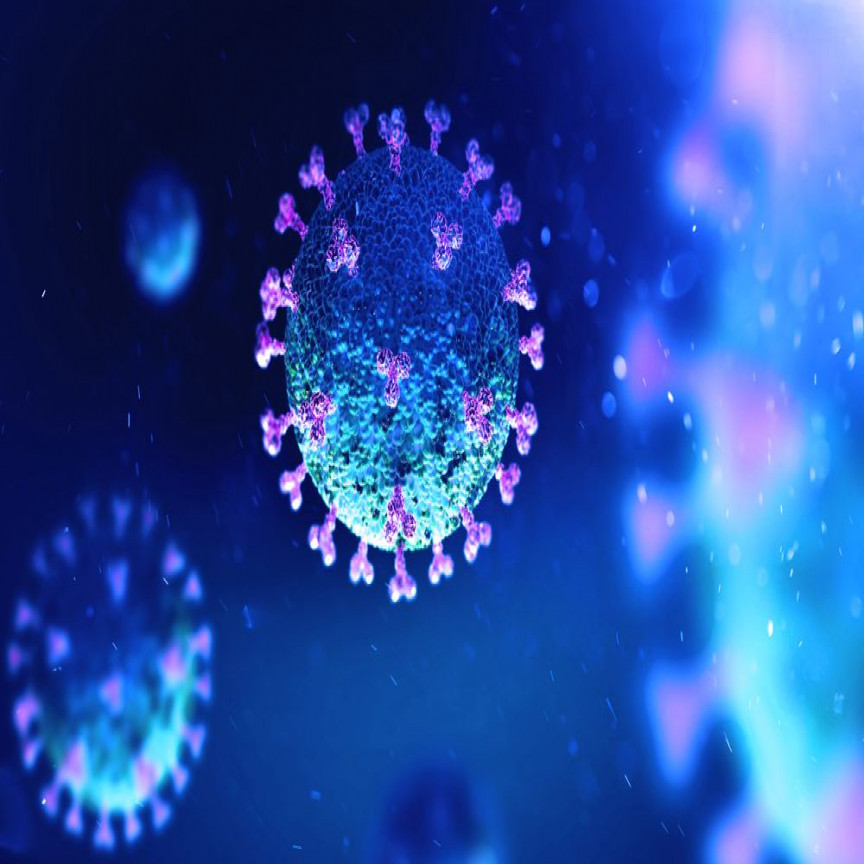Every time a new case of coronavirus emerges, a chill runs down the spine popping up the question what if we are next? The pandemic has left the world into murky waters leaving everybody clueless and nudging to keep up.
COVID-19, the disease caused by the novel coronavirus SARS-COV-2, first originated in Wuhan district of China in December 2019 and has spread to about 181 countries and territories affecting more than 200K people with approximately 8.7k deaths till now.
The virus is now stoking anxieties amongst individuals. Numerous people suffer from influenza infection every year, but since there is a flu protection vaccine, there is much lesser anxiety. For coronavirus, there is no vaccine yet, which is bound to aggravate your fear.

The outbreak of COVID-19 can prove to be quite stressful if you remain under constant fear and anxiety about the disease. Anxiety related to the disease is already on a rise as COVID-19’s global spread persists and the number of people affected continue to increase.
Behavioural Measures To Help In Reacting To The Situation In An Apt Manner
Public health is concerned with improving the health of a community as a whole. Public health is a public good. And if you take an economist’s point of view, it is always challenging. A public good is a good that can be consumed by any individual who has not paid for it (free riders) and where use by one person does not reduce its availability to others.
Non-communicable diseases can be controlled on a personal level, but infectious diseases cannot be self-controlled and can infect a whole community if taken lightly. If you have a contagious disease and do not protect others or if you are healthy and do not protect yourself, you can be the one responsible for an outbreak becoming a pandemic.
Humans are dominated by irrational behaviour (aggravated by fear in this case) making choices that defy logical reasoning.
John Keynes aptly puts it as, “The market can remain irrational longer than you can remain solvent.”
Irrationality is perceived to often result in better decision making but not in this situation. Humans use psychological alternatives to assess the infectious disease. If rational behaviour is followed, the prevention of any communicable disease will become quite easy.
Measures Driven By Behavioural Science
Hence, you must be proactive while taking infection control measures as it is not only you who is vulnerable from the virus but the society as well. Taking some simple measures, based on behavioural science, can help you, your family and friends in dealing with coronavirus anxiety.
Risk Neutral Attitude- Coronavirus has all the ingredients to ring people’s alarm bells. Health risks can often be under or overestimated during the crisis period. Adopting a ‘risk-neutral’ attitude can help us in better decision making.
Replacing panic and unrest in mind by calm and energizing emotions can help us in being rational and using common sense for the precautions that are needed to prevent the spread of the disease.
Health And Quarantine Measures- Washing hands, self-quarantine, social distancing, reducing the number of free riders and avoiding panic are the most important things to be practised to prevent the virus from reaching epidemic amounts.
The cost of an individual who behaves anti-socially is way too high if the individual has the infection.

Avoid Spreading Baseless News - You must not trust the fake news related to coronavirus. You must use trusted sources like the Centre for Disease Control and World Health Organisation (WHO) to rely on any information.
If you have seen a lot of sensational news and powerful images, the mind can trick you into believing misleading information and bar you from estimating the probability of the event.
You must protect yourself from people who are smartly using this situation as an opportunity to spread racial hatred. Hearing about the pandemic all day long can deeply upset you.
Spend Family Time - The epidemic can be seen as a way to develop closeness with loved ones, better community care and value people. Keeping social networks can help in reducing stress and can promote a sense of normality.
As panic intensifies over COVID-19, there will be a consequent rise in the survival panic, which is expected to kill many in its outcome. You must protect yourself and gain control of your life. In an atmosphere of survival panic, one becomes prone to extreme behaviours with fear and misinformation being the culprits.
Special care for children and teens- Parents can deal with the virus more calmly and confidently to support their children, especially if they are quarantined. Few steps that can be taken by parents are below.
- Make them understand what the outbreak is and share the facts.
- Reassure them that they are safe.
- Make them indulge in relaxing and fun activities at home.
- Web-based videos to promote a healthy lifestyle and services by psychologists online can help children in coping up with the anxiety.
Mindful Care - Keep in mind that most people who contract COVID-19 will only suffer mild symptoms. Senior citizens and those with health conditions are the ones who are most vulnerable to the disease. Hence, proper care must be exercised for them by everyone.
Following and prioritizing on the strategies mentioned above can cure your psychological stress and help in eradicating anxiety related to the outbreak in a quick manner.



